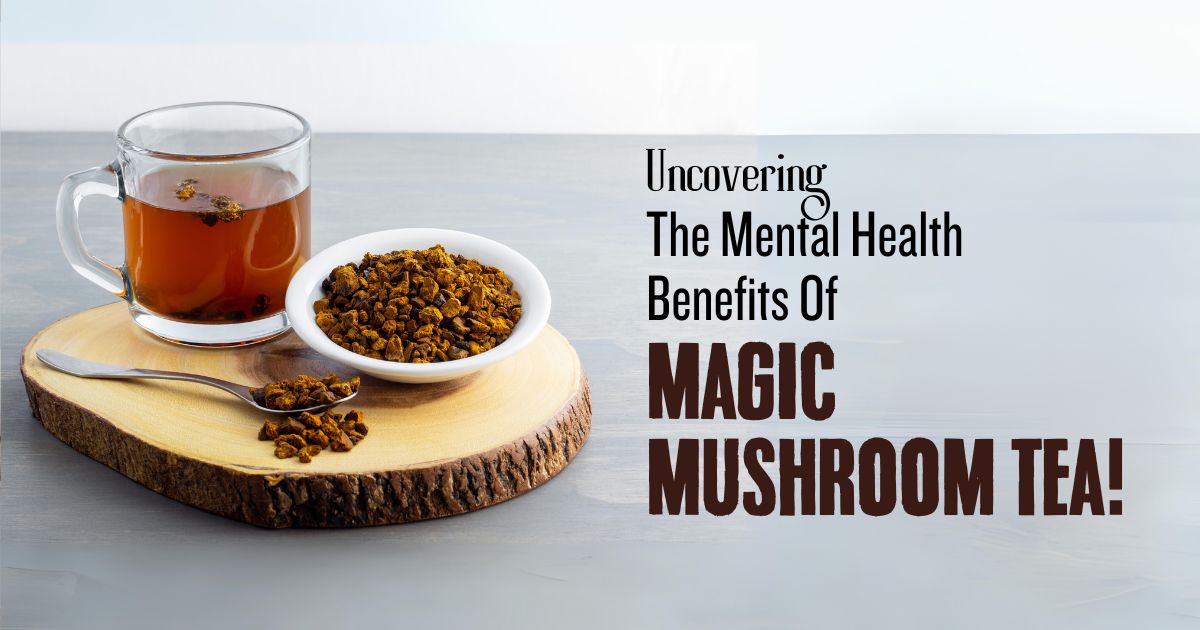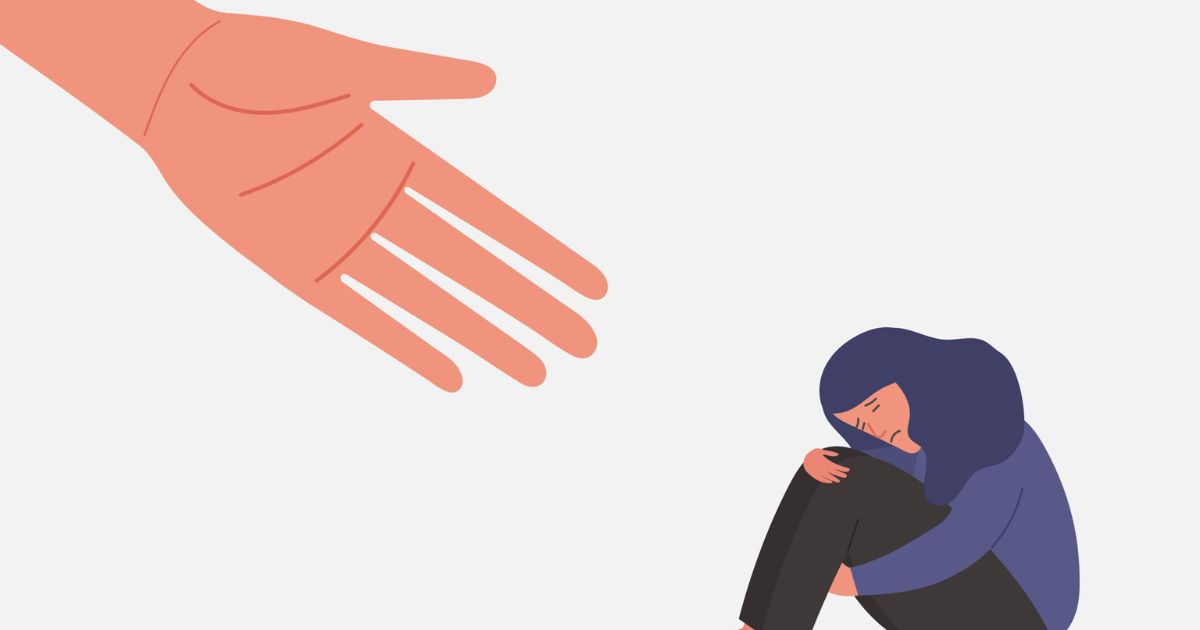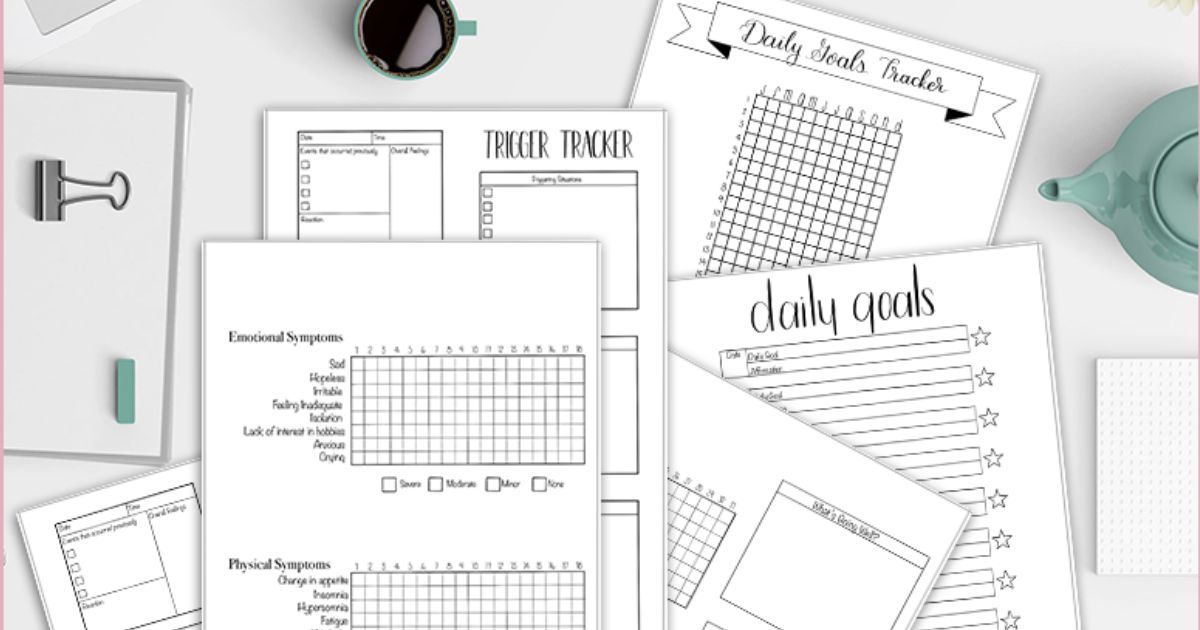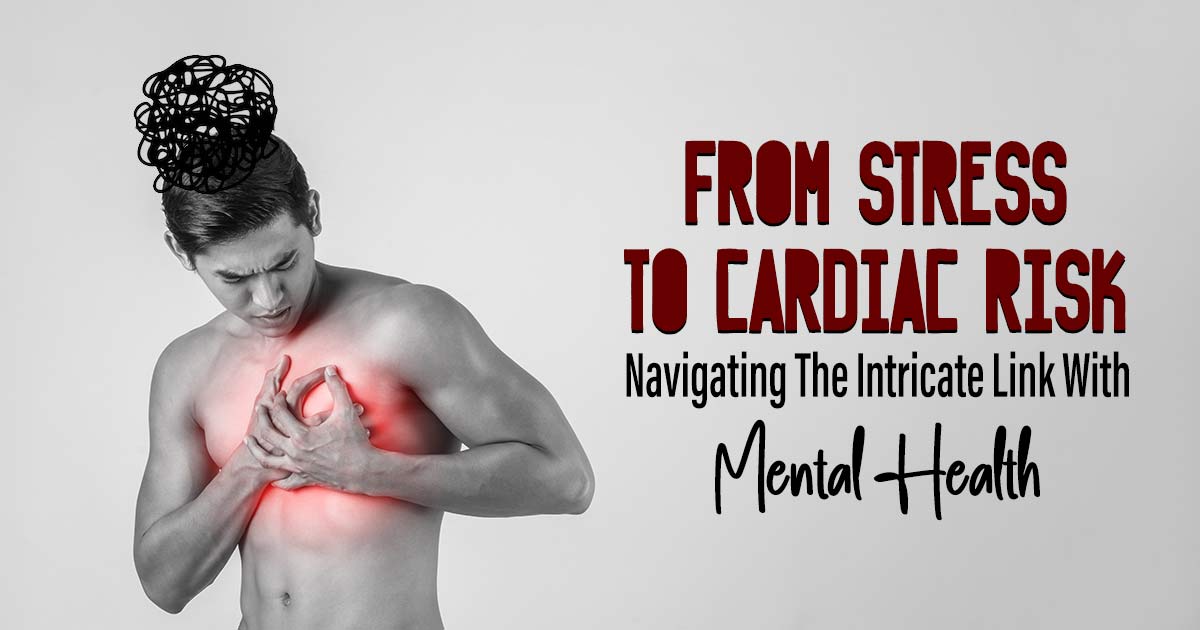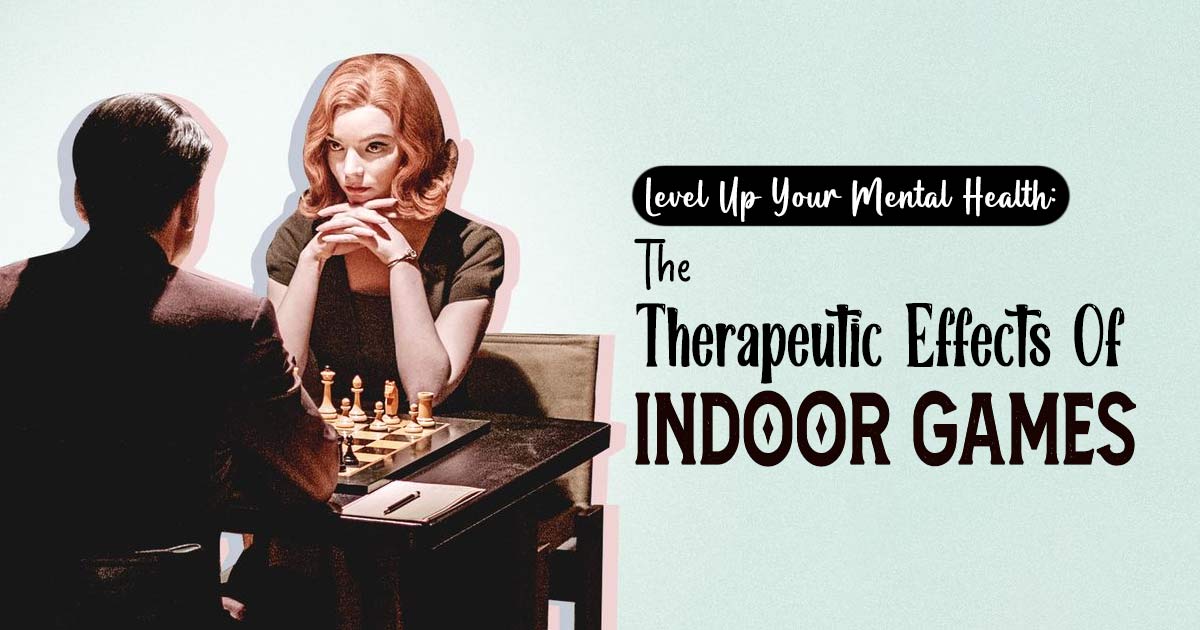In our fast-paced world, stress is often seen as a mental or emotional response to life’s challenges. However, it’s essential to recognize the profound physical impact of stress on the entire body.
The Hormonal Impact Of Stress
When we experience stress, our bodies undergo various changes in hormone and chemical secretions. Most of these secretions are produced by the adrenal gland, a small organ located on top of the kidneys.
These hormones serve multiple functions, including initiating the “fight-or-flight” response, regulating metabolic processes, managing the balance of salt and water, and even facilitating pregnancy. While these hormones can be life-saving in moderation, their prolonged presence can lead to significant detrimental effects.
Cortisol, the primary stress hormone, primarily functions to inhibit processes that might obstruct the body’s “fight-or-flight” response. It alters the way the immune system reacts and obstructs the proper functioning of the digestive, reproductive, and growth-related systems.
The Physical Impact Of Stress
The complex nature of stress can have negative impacts on multiple aspects of your health. It can trigger a spectrum of digestive issues, ranging from mild stomach discomfort and indigestion to more severe conditions such as irritable bowel syndrome (IBS). Stress can also interfere with your eating patterns, leading to episodes of overeating or undereating, which can contribute to fluctuations in body weight.
Beyond its digestive implications, stress can manifest in your skin, exacerbating conditions such as acne, psoriasis, and eczema. Additionally, it can trigger allergic reactions, often leading to uncomfortable skin issues like hives.
The impact of chronic stress extends even further, encompassing your cardiovascular health. Stress has been associated with an elevated risk of heart disease, hypertension, and atherosclerosis. Stress hormones, particularly cortisol, have the capacity to elevate blood pressure and promote inflammation within blood vessels.
For women, stress initiates a reduction in the production of estrogen and progesterone while elevating cortisol levels. This particular blend frequently leads to erratic and uncomfortable menstrual cycles and can have adverse effects on both emotional well-being and libido.
In the case of men, stress prompts a decline in testosterone levels and an upsurge in cortisol, which subsequently translates to feelings of fatigue and a notable decrease in sexual desire.
Self-Help Tips To Cope With Stress
The good news is that there are lifestyle interventions that can help mitigate the effects of stress. Physical activity is a top recommendation, as exercise is the most effective way to lower cortisol levels and manage stress. Engaging in regular workouts can significantly improve your body’s ability to cope with stress.
Another practical tip is to avoid responding to non-urgent emails and phone calls during times of stress. Taking breaks and practicing relaxation techniques can also go a long way in managing stress effectively.
Adopting a balanced, nutritious diet is crucial for stress management. Avoiding smoking, excessive alcohol consumption, and recreational drug use are fundamental steps to reduce stress and its associated physical consequences.
Nonetheless, it’s essential to remember that if you feel that stress is having a substantial impact on your health and overall quality of life, seeking guidance from a healthcare professional is wise.
By drawing on your medical history and unique situation, a healthcare expert can provide personalized advice and solutions to help you manage and alleviate the effects of stress on your body.
Practicing stress management techniques, such as meditation and regular exercise, and seeking support from professionals can help reduce the surprising and often detrimental effects of stress on body.
By addressing stress not just as a mental issue but as a physical one, we can take important steps toward improving our overall well-being and quality of life.


